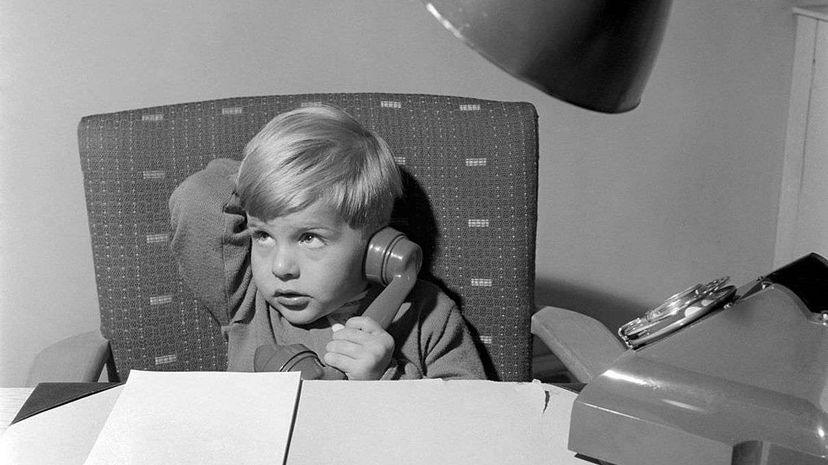
“Lazy, entitled and self-absorbed.” Ask most people over 40 what they think of Millennial workers and that's what you'll hear. Thanks to popular books like "Generation Me" and a rash of “kids these days” cover stories in major magazines, it's easy to believe that Millennials — usually defined as people born between 1981 and 1999 — are wildly different than their Generation X (born between 1965 and 1980) and Baby Boomer (1946-1964) coworkers.
Employers have so much faith in the Millennial mythology that they've changed the way they recruit, hire, train and develop employees. Teams of well-paid consultants have convinced CEOs that Millennials represent an entirely new species of worker that's less focused, less loyal and far less willing to work hard than proceeding generations.
Advertisement
But is it really true? Not even close.
When researchers have gone digging for hard data to back up the negative stereotypes of Millennial workers, they've repeatedly come up empty. The real explanation for the perceived differences between the work ethic and commitment of Millennials vs. Xers vs. Boomers has much less to do with the year they were born than the age on their driver's license.
Wait, isn't that the same thing?
Not exactly, explains David Costanza, associate professor of psychology and organizational sciences at George Washington University. Generational assignments like “Boomer” or “Millennial” are somewhat arbitrary, but age is a strong predictor of work experience. And more experienced and tenured workers tend to have a stronger work ethic and more corporate loyalty than younger workers. In other words, being a “Boomer” is a weaker predictor of work ethic than simply being 65.
“If you look back 20, 40 or 60 years, the same pattern of differences shows up again and again,” says Costanza, who co-authored an influential study on generational differences in 2015. “The youngest generation is always the least dedicated, the least satisfied and the most mobile. Twenty years ago, that was Generation X. Forty years ago, it was the boomers. Now it's the Millennials.”
For example, here's a 1961 journal article bemoaning the “decaying system of values” known as the Protestant work ethic (PWE). This concept originated with German sociologist Max Weber who said that the belief in the importance of hard work and a disapproval of too much leisure time and activities was responsible for the economic success of Europe and the U.S.
Apparently, there was widespread consensus that the younger generation of Midwestern farmers were straying from the rugged self-reliance of their fathers and “[finding] meaning and strength through constant associations with others rather than [themselves].” They were also “shameless consumer[s].” Just imagine if those farmers had Facebook and Amazon Prime back then!
A new study from Wayne State University backs up Costanza's conclusion that age is a much better predictor of worker attitudes than being a “Millennial” or “Boomer.” Lead author Keith Zabel and his team performed an in-depth meta-analysis of 77 work ethic studies published between 1960 and 2015 and found absolutely no empirical difference between the responses of, say, 18- to 22-year-old college students in 1968 and 18- to 22-year-old college students in 2008 regarding the PWE. The real change happens as these young punks get older and more experienced.
“In 40 years, this current group of Millennials will think that the younger cohort is lazier and has a lower work ethic,” says Zabel.
The most important takeaway from this research is that the popular public perception of “lazy Millennials” is not only inaccurate, but also bad for business.
“It leads to these sweeping generalizations that can prompt organizations to make these really poor decisions,” says Costanza, “and to invest in training, development or compensation systems that don't do any good.”
If managers are telling the CEO that younger employees don't seem to be engaged and committed to their work, that's definitely a problem. But it's not a “Millennial” problem.
“If workers aren't committed or they're not satisfied or they're not sticking around, find out why that is and address it,” says Costanza. “Don't rely on these myths and stereotypes.”
Costanza equates the Millennial myth with the stereotypes that employers had about women workers half a century ago, that there was no point promoting a woman to a management position because she'd eventually get married, have kids and leave. Or the painful racial and ethnic stereotypes historically faced by minority workers.
Advertisement


